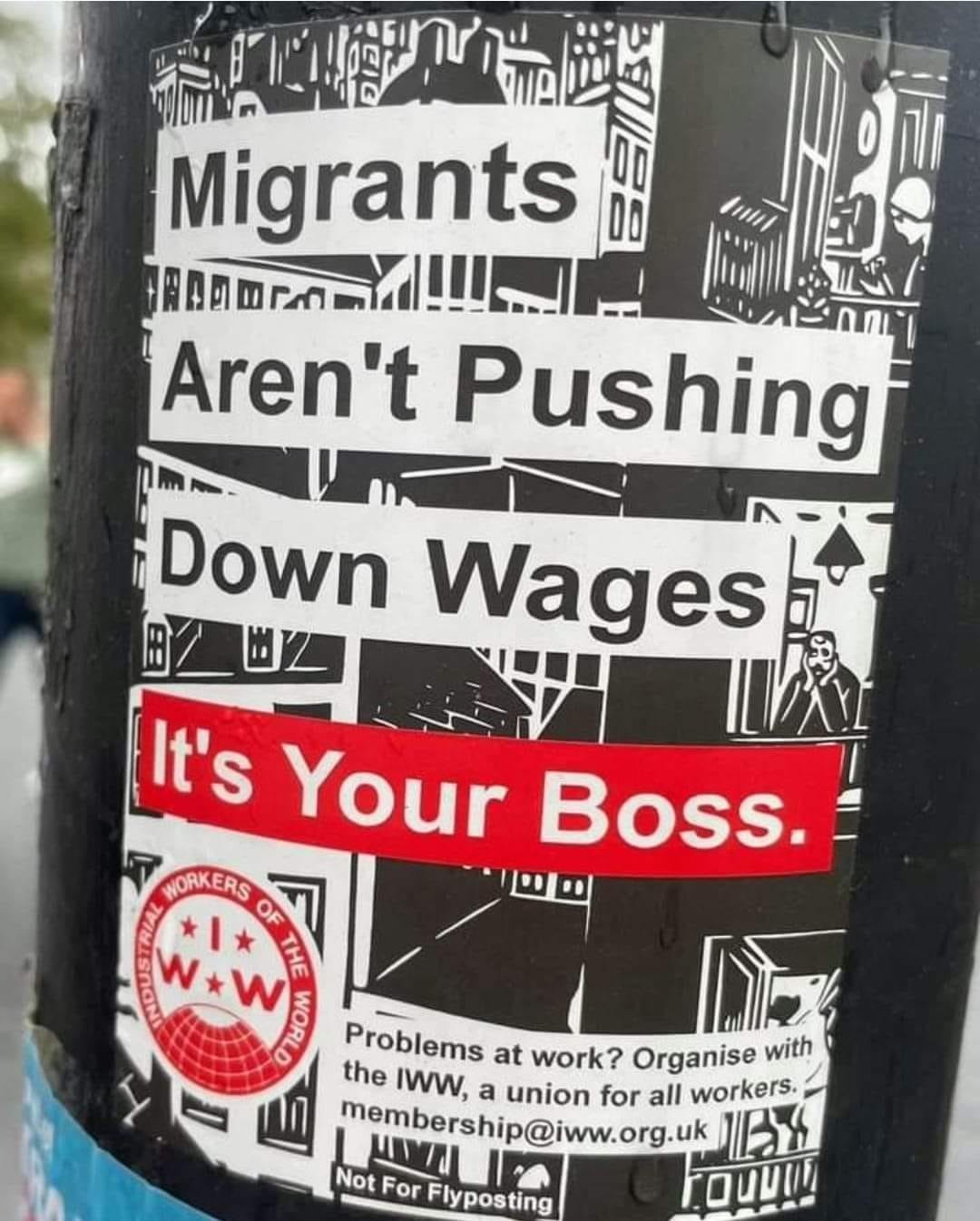this post was submitted on 14 May 2024
907 points (98.1% liked)
unions
1360 readers
35 users here now
founded 1 year ago
MODERATORS
you are viewing a single comment's thread
view the rest of the comments
view the rest of the comments

You sound like a company I interviewed with years ago, who, straight-faced advertised a position they were trying to fill for a skilled technical professional at the mid-to-low end of a competitive salary 6 or 7 years ago...but that was mid to low based on a 40 hour work week and they were asking for 45 minimum, with mandatory overtime bumping that number to 55-60 per week for about half the time. And oh by the way, to put in that OT, you were required to work it when other members of your team were on site as well, so most teams just always planned to put in at least a half day every Saturday if not a full day, if not some OT as well. Some teams also came in Sunday.
I explained to them that breaking it down by the hour, they were offering a pay cut to anyone with the skills they demanded, not to mention the obliteration of anything resembling work-life balance...and ended the interview prematurely.
Now I'm job hunting again since I want to relocate and going to switch to remote work full time, and I see they're still posting that same job to the various sites.
So I guess the fact that they're still looking, for most of a decade, means that someone out there is willing to work for that ridiculous wage and schedule?
I'm not certain that I understand the point that you are making, as you seem to be describing an example that backs up my argument. Perhaps you misunderstood me when I said "If the position exists at that wage, then someone is willing to work at that wage". It is a game of statistics: if the employer is willing to wait long enough, and given a large enough pool of applicants, it is statistically probable that they will eventually find an employee to fill that undesirable position. Keep in mind, though, that this is not without cost, for example, the employer sacrifices growth rate due to the time it takes to fill the vacancy, they also risk losing potential employees to competitors who offer more competitve salaries; it is simply an example of supply and demand.
I'd say that your argument describes the total opposite of the reality of the situation.
By your rationale, I suppose I could have a position as my personal assistant, where the assistant runs all of my errands and takes all my calls and drives me everywhere...all for $30 per month.
I'm willing to wait as long as it takes to find the right person for this exciting opportunity (in the meantime I'll handle my own mundane shit) but by your theory, because the position exists, then someone out there is willing to work for that wage!
The only thing that would potentially stop you from doing that is that it may end up being less than minimum wage, depending on the hours.
Sure, why not? If you are selling a product at a higher price than every other store around you, given enough time, you will eventually find a sucker oblivious enough or lazy enough or stupid enough to buy it despite its high price.
It's not really a "theory". I'm just saying that given a large enough sample size, it seems statistically probable that you will eventually find someone who will take the job, even if only for a short period. That isn't to say that it will necessarily be sustainable, or that the amount of time required to get an employee is within one's lifetime, but to say that it would never happen seems baseless — it's kind of like the Infinite Monkey Theorem.